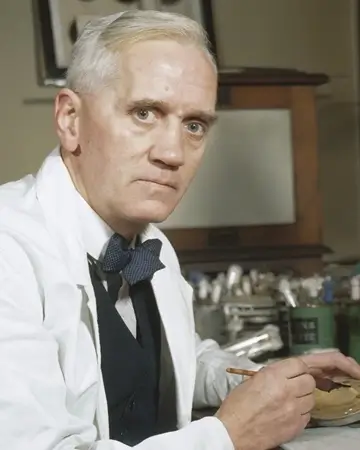Antibiotics: an ongoing war (part 1)
The first real discoverer of antibiotics was an Italian named Vincenzo Tiberio. Tiberio came from a small region called Molise, where he worked as a military doctor in the Italian Navy. In 1895 he described the toxic effect of some moulds towards bacteria, anticipating Alexander Fleming’s penicillin by more than 30 years.
In 1928, a Scottish scientist named Fleming had been working on Staphylococcus bacteria, some pathogens responsible for a common infection called “staph infection”.
Coming back to the lab after a family holiday, he found out that some Petri had been contaminated by a microscopic fungus (a mould) that had killed several bacterial colonies, leaving a big empty area around itself. Any scientist would have thrown away the capsules. However, Fleming was stunned by the blank area around the fungus: he deemed that bacterial death was caused by a mysterious substance released by the fungus, which he initially named “mould sauce”. He then identified the fungi as belonging to the Penicillium genus and named penicillin the mysterious toxic molecule.


Fleming published his discoveries in 1929, although arousing little interest in the academic world. In the following decade, he continued his research and produced a small amount of penicillin to study its antibacterial effect. These experiments gained the attention of some chemists, who helped him to create a more stable and efficient form of the substance. The first clinical trials on stabilized penicillin had started, and they had such a positive outcome that penicillin was immediately produced and distributed in 1945. Thanks to these results, Fleming and the chemists Howard Florey & Ernst Chain received the Nobel Prize in Medicine and Physiology.
Penicillin allows doctors to cure serious diseases, such as tuberculosis, syphilis, legionella and post-op infections that were all primary causes of patient death. The success of penicillin led to the birth of modern pharmacology. Shortly after, many other antibiotic molecules were discovered, leading to a “gold era” for human health.
Thus, the first battle against bacteria was won by humans.